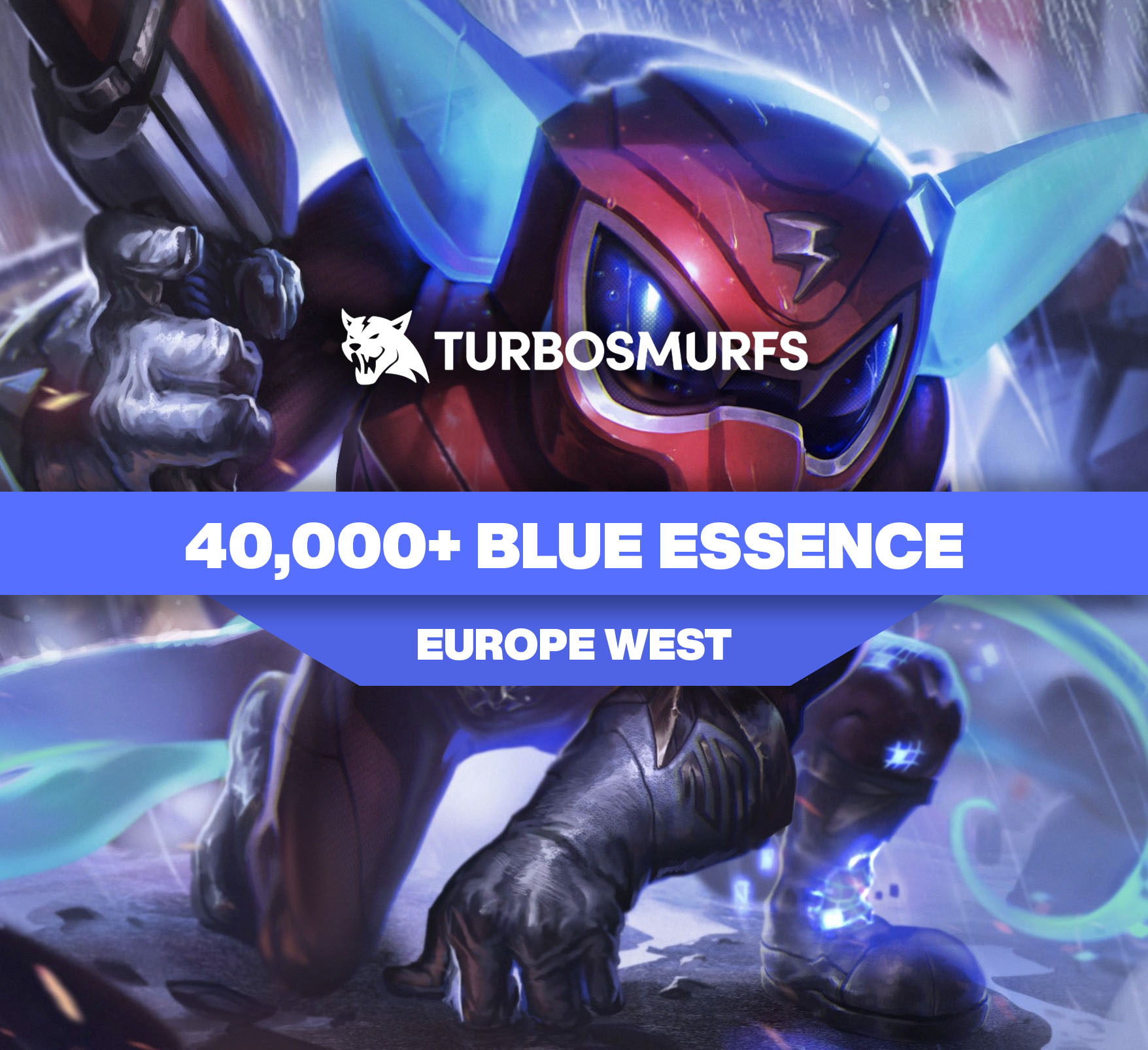
The Role of Risk Assessment in Esport Decision Making
When discussing e-sports, too much attention goes toward mechanical abilities, reflexes, and response time, and not enough is discussed in decision-making. Sure, you only have a split-second to kill the enemy before he kills you, but you don’t have more time to decide whether to hunt the last remaining opponent or start defusing the spike either. So, let’s fix this mistake and shift the focus back to strategy. More specifically, let’s talk about the role of risk assessment in esports strategy and how some shot callers just do it better than others.
Risk assessment matters in every aspect of life
It matters when making choices in your personal life. Whether you’re deciding to switch jobs, move to a new city, or even just cross a busy street, you’re constantly weighing risks. Some people do this naturally, while others overthink every little detail. Also, let’s be honest - there’s a fine line between caution and paranoia. The key is understanding when a risk is worth taking and when it’s just plain reckless.
It matters in investing and betting, too. The best payout casinos don’t exist just to hand out money. They reward smart players who know when to walk away. The same goes for investing—people who blindly invest in stocks or crypto without assessing the risks usually regret it. On the other hand, those who take the time to evaluate risk tend to come out ahead.
In other words, some people do it intuitively well all their lives. You probably know someone who always seems to make the right decisions. They pick the right career moves, make solid investments, and rarely get caught in bad situations. It’s not luck - it is risk assessment. People just have a natural sense of when to push forward and when to hold back. However, even if you’re not one of them, don’t worry.
Still, it’s a skill that can be practiced. Just like anything else, risk assessment gets better with experience. The more decisions you make, the more you recognize patterns. Actively thinking about risk instead of just going with your gut can help you make smarter choices. Esports is no different - top players don’t just react, they calculate.
Understanding risk vs. reward in esports
Every decision in a match carries a level of risk, whether you realize it or not. Taking an aggressive fight, holding a risky angle, or even deciding to rotate can mean the difference between winning and losing. Some players instinctively weigh their options, while others just go with their gut. The difference? Those who actually think about risk tend to climb higher in the rankings. Risk assessment isn’t about playing scared - it’s about playing smart.
High-risk plays can lead to game-changing rewards, but that doesn’t mean they always pay off. Sometimes, that last-second push or clutch 1v3 attempt turns you into the hero of the match. Other times, it makes you the guy who threw the round. The trick is knowing when the reward outweighs the potential disaster. Pros don’t just take random risks; they calculate them. It’s about maximizing the upside while minimizing the downside, and that’s what separates an average player from a tournament champion.
Safe plays minimize risk but may miss key opportunities. Playing too cautiously can make you predictable, and predictable players are easy to shut down. A team that never takes risks will find itself slowly squeezed out of a match, giving up control until it is backed into a corner.
The best players know when to take calculated risks, and that only comes from experience. They’ve failed enough times to recognize when a gamble is worth it and when it’s just reckless. Also, they don’t hesitate. A half-hearted play is usually worse than no play at all. If you commit, you commit fully. That’s how game-changing moments happen.
The importance of information gathering
More information leads to better risk assessment, and in esports, information is everything. You wouldn’t blindly rush into a bombsite without checking corners, just like you wouldn’t challenge an enemy in a MOBA without knowing their cooldowns. The more data you have, the better your choices become. That’s why top teams always prioritize vision control, map awareness, and opponent tendencies as some of the key ways to get better at the game.
Vision control and scouting give an advantage that can’t be overstated. Knowing where your enemies are (and, just as importantly, where they aren’t) lets you dictate the game’s pace. In FPS games, a single well-placed drone, recon dart, or sound cue can be the difference between a clean execution and a disaster. In strategy games, proper scouting allows you to build counters before your opponent even knows what hit them. You’re not reacting; you’re controlling.
Opponent tendencies can help predict their next move, and that’s a huge part of risk assessment. If you know a player likes to push aggressively, you can bait them into a bad fight. If a team always turtles up on eco rounds, you can take space without hesitation.
Shot callers rely on data, not just gut feeling. Sure, instinct plays a role, but the best in-game leaders make their calls based on actual information. They process enemy economy, ability usage, map control, and player tendencies all at once. It’s not magic; it’s just good data management.
The impact of risk-taking on different game genres
FPS games reward precise and timely risks. Peeking at the right moment, holding an aggressive angle, or deciding to push through a smoke - these are all risks that can pay off big. However, the best FPS players don’t just take risks randomly. They weigh factors like opponent positioning, weapon advantages, and timing. Take a risk at the wrong time, and you’re giving away a free kill.
MOBA games require coordinated team risks, which makes risk assessment even trickier. YOu can’t just decide to dive the enemy backline because it “feels right.” Every move has to be synced with your teammates. If one person hesitates while the others commit, the whole play falls apart. Also, risks in MOBAs often come with long-term consequences - losing a fight at the wrong moment can mean losing an objective, which can quickly snowball against you.
Battle royales demand survival-based risk decisions, making them a different challenge. YOu can play aggressively and rack up kills, but at what cost? Fighting too much early on means you’ll burn through resources, making you an easy target later. However, playing too safe can leave you under-geared and out-positioned.
Strategy games focus on long-term calculated risks. In games like StarCraft or Civilization, you constantly weigh short-term sacrifices against long-term gains. Expanding too early could leave you vulnerable to a rush, but delaying expansion could put you behind economically.
Final words
At the end of the day, risk assessment is what separates good players from great ones. It’s the difference between a calculated play and a reckless mistake, between winning a clutch and throwing a round. Also, the best shot callers, the ones who seem to make all the right decisions under pressure, aren’t just lucky - they’ve put in the work to refine this skill.

